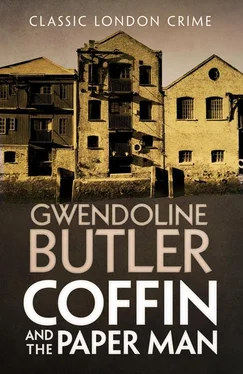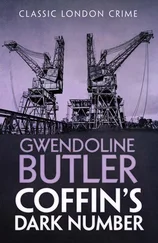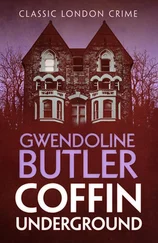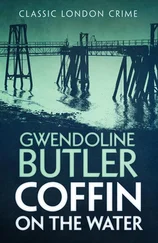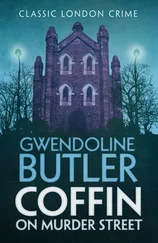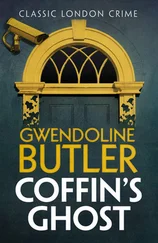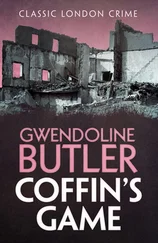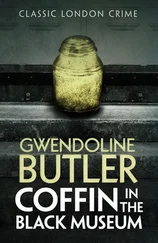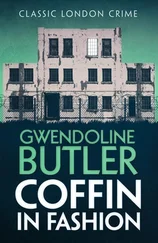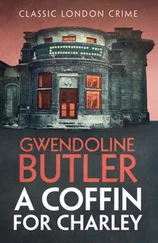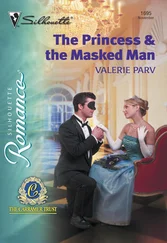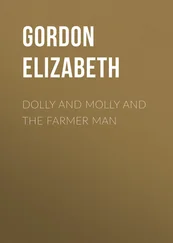‘There’s a very interesting murder going on here,’ ended Letty conversationally. ‘A girl’s head in a bathtub, and bits of her turning up everywhere. They’re looking for her feet now. I declare I’ll be glad to be back in London.’
We have our murders too, thought Coffin, as Letty’s presence (he could nearly always see Letty when they spoke, she seemed able to project herself visually) in his room melted back across the Atlantic. And I’m looking for a shoe.
Since he had to speak to DI Young on other business (they were both on a committee setting up an under-fifteen football club in the old Brush Lane ground down by Beowulf Dock), he was able to ask: ‘And have you found the other silver shoe?’
‘Not as yet. But we will.’ DI Young sounded confident. As he always did. He had decided early on in his career that this was the right way to appear and so far had seen no reason to change his attitude. At home was different: his wife was smarter than he was, better educated and was climbing up the career ladder (she too was a police officer) faster than he was. At home he was more cautious.
Coffin nodded. ‘Let me know. I’ll be interested.’
‘Right, sir.’ Cheerful as ever, Archie Young had added: ‘We’ll soon have the whole thing wound up. Several interesting leads. A witness who saw a man near her. A woman who heard her call out. Didn’t do anything, of course, but heard her. That gives us time. And then there’s what she said herself.’
Get the man who killed me .
Yes, that was interesting. But how did it help?
‘We know it was a man, anyway,’ he said to Young.
‘It means she didn’t know him.’
He was pleased with himself. Got the old man there, he thought.
But John Coffin, as he put the receiver down, picked up his briefcase, and patted the cat, thought: I wonder. I wouldn’t count on anything. Long experience had taught him, what was it, canniness?
Archie Young was sharp enough to pick up the implications of his boss’s voice. ‘I have the names of her friends from A to Z,’ he said to the well-filtered air of his office.
Behind the big new police station which was the Force Headquarters and which had been designed by a neo-modernist architect so that it looked like a Venetian Gothic castle in red brick (but was bullet-proof and fireproofed and so air-conditioned that not one natural breath could be drawn in it) was what had once been the choicest area of Leathergate in which to live. The street where the few professionals like the doctor and the solicitor and the undertaker had made their homes. It was still a nice district and a few of the old families clung on.
Feather Street curved down a gentle slope and up the other side until it looked down on the railway embankment, solid Victorian houses with large gardens which backed on to each other so that cats, dogs and even humans could pass freely between them. At the bottom of the hill were a few shops such as a dairy, and a baker’s and a shop renting videos out.
Here still lived Dr Leonard Zeman, his wife Felicity, who was a pediatrician, and his son Tim, who was an architectural student at the Poly. Across the way was the house of his widowed mother and her unmarried niece. The Zeman houses were No.5 and No.22 respectively. Felicity had a white pekinese dog and her mother-in-law had a mongrel called Bob.
The Annecks were the owners of No. 10 and the Darbyshires lived in No. 13. They had Jack Russell terriers, brother and sister, who hated the sight of each other, fought whenever they could and had to be exercised separately at different hours. The families had worked out a rota of dog departures and entrances and a bell was rung before setting out to make sure the enemies did not meet. They were suspected of having killed a cat apiece. These were the families that knew each other best in Feather Street. Mrs Anneck was a local councillor, Harold Darbyshire worked in the Bank, and everyone knew Dr Zeman.
They were all very busy people, fond of their animals but not good at exercising them, so they were walked accordingly to a strict timetable by Jim Marsh, the son of the milkman (C. Marsh, Daily Deliveries, who had not always been a milkman but had been into Flower Power and Love is All and being a Free Soul, only a man must live), who was hoping to be a vet. He was a kind of professional dogwalker, and, as a matter of fact, it was he who had found Anna Mary’s body. With him at that time was the better behaved of the Jack Russells, but even so he had had to pull back the dog from licking at the blood on the pavement.
The dog-walker was a quiet, thin boy, over eighteen but looking younger, who loved the dogs, but even he found this hard to bear. When he got home, he was sick in the kitchen sink before preparing a meal for his father. His mother was dead.
The policeman who had brought him home had been kind but not really understanding. The ride in the police car had been interesting, although not enjoyed by the dog he was walking.
‘You know, Mum,’ he said—he still spoke to his mother sometimes, although she had been dead some months now, and she seemed to pay more attention than she had in the past. ‘It was bad. Bad.’
He too had heard the words that Anna Mary had spoken.
Coffin, having completed his call to Archie Young, prepared to depart for yet another committee meeting, this time one he would chair. He was a desk man these days, and the novelty had worn off with only the boredom remaining. But he was learning how to turn the boredom to his advantage; he could convert it into a kind of anger, and spread it round the committee so that they all shared the desire to get on with the matter in hand speedily. If you enjoy a committee meeting, was his dictum, you are doing it wrong.
He walked down his winding staircase in what had once been the bell-tower of St Luke’s, wondering if his car, left parked overnight in the street, would or would not be vandalized. Last week, some hand, which had in his opinion to be masculine and under fifteen, possibly half of that, had scratched on it several phallic symbols. They might have been cacti or bananas but he thought not.
He could hear voices from the hall where his entrance adjoined that of Stella Pinero in St Luke’s Mansions.
A light silvery voice was saying: ‘They didn’t worry about where the lavatories were in the Globe.’
Stella Pinero could be heard loud and clear, her voice rarely failed to hit its mark: ‘I don’t think they had lavatories in the Globe: they just used the back wall.’
They were standing in the hall, Stella in brown trousers and a cream shirt with a blue scarf tied round her hair. With her was what could only be their new neighbour: a tall, grey-haired man in a suede jacket as pale as his hair. He too wore a blue scarf, but his was knotted round his neck over his matching shirt. He looked distinguished. Was distinguished, since Coffin recognized him as a famous photographer.
Stella turned round.
‘Oh, you’ve got Tiddles.’
‘Have I?’ He looked. He had. Tiddles had come down the stairs behind him, and was now discreetly emptying himself out of the room in the way cats have.
‘You know Sir Harry, don’t you?’
‘By reputation.’ He held out his hand. Harry Beauchamp, recently knighted, was famous for his photographic portraits and revealing group and street scenes. He had an eye. Younger than Cecil Beaton and older than Snowdon, he looked set to beat them all.
‘And I know you,’ said Sir Harry, giving him a tight, hard shake. ‘Saw you in court when Edith Martiner came up for trial. She did it, of course.’
‘Oh yes. She was lucky to get off.’
‘I was doing a series of photos of different types of women. She was a type all right. Wouldn’t have liked to be shut up in a room with her. Thought she’d eat me as it was. Wonder what’s happened to her.’
Читать дальше
